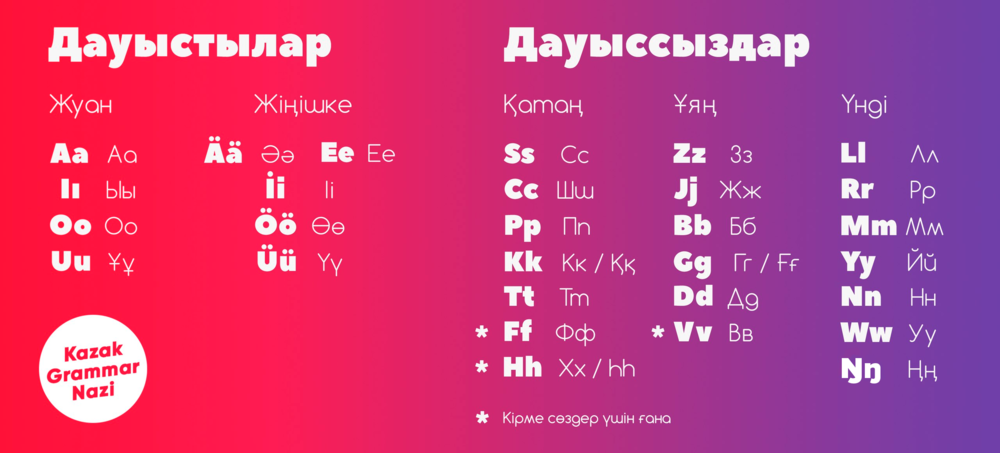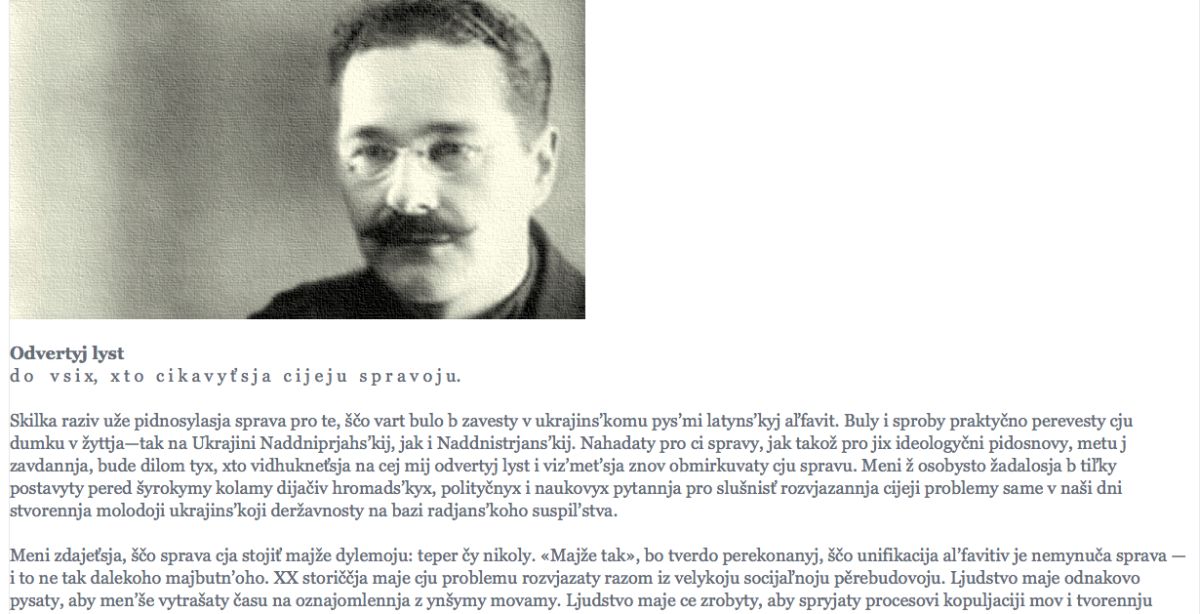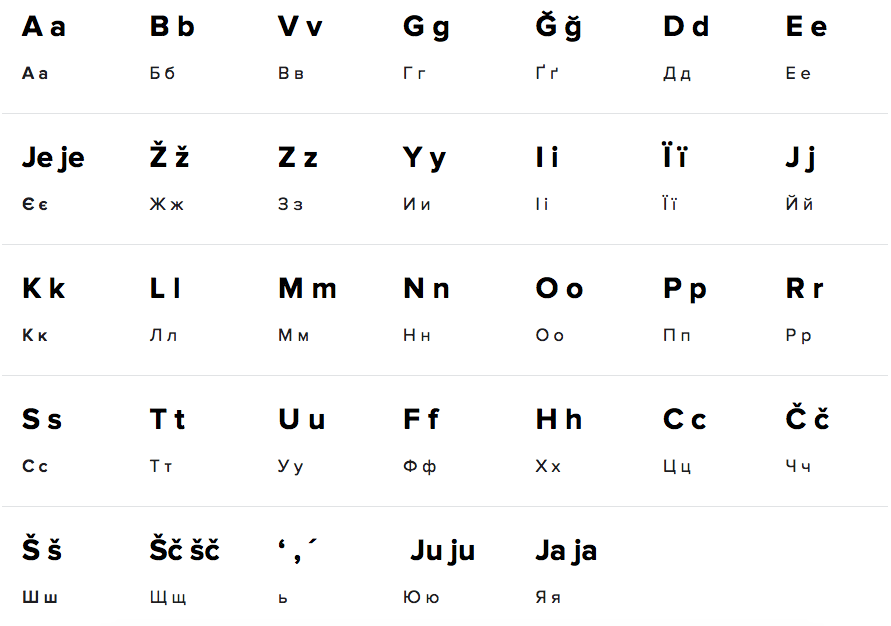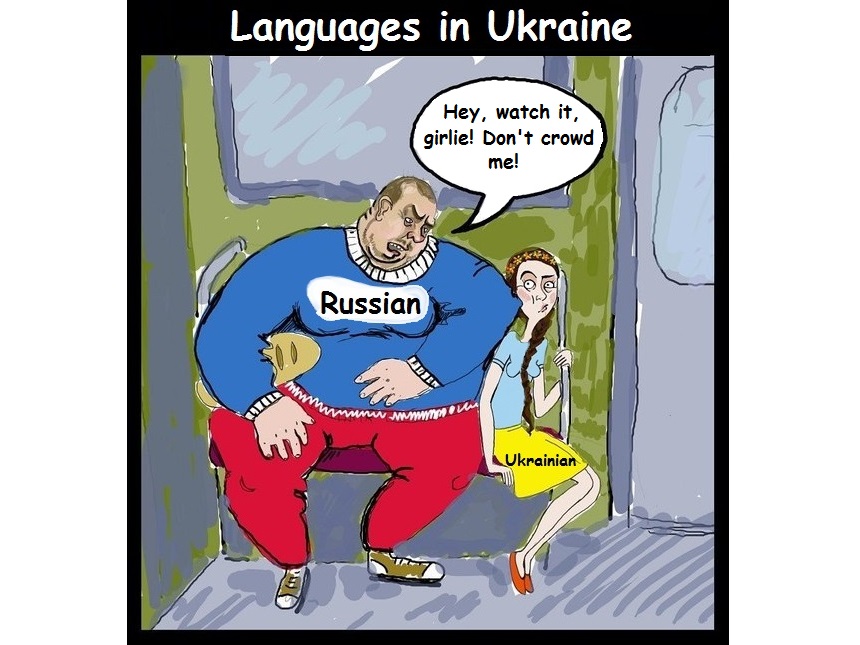Russian reaction to the decisions of Kazakhstan and Kyrgyzstan to move away from the Cyrillic-based scripts Moscow imposed on them to Latin-based scripts that will help them integrate into the broader Turkic and international worlds has been hysterical to say the least.
Many commentators are denouncing these measures as an attack on the Russian world and a threat to Moscow’s influence over the former Soviet space, and they often profess to see in such ideas the efforts of Türkiye and Western intelligence services to weaken Moscow in every possible way.
But as usual in such circumstances, these commentators don’t know their history: It was Moscow that promoted the original shift by Turkic peoples, including those in Türkiye itself, to the Latin script (from Persido-Arabic ones) in the 1920s and 1930s. And within the Bolshevik leadership at that time, there were even plans worked out for shifting Russian in the same way.
In recalling that reality, a Moscow portal, Newsland.com, has sparked reactions by many who either don’t want to remember such plans or who are pleased that Stalin killed them, not only ending talk of replacing Cyrillic with Latin script for Russian but also doing away with the Latin scripts the Soviet authorities had imposed on various peoples Turkic and non-Turkic alike.
In presenting documents from the late 1920s and early 1930s about this, the portal observes that “in the last several days, agitation has arisen over the transition to the Latin script of the Kazakh and Kyrgyz alphabets. But by the same, in the 1930s, serious consideration was given to shifting the Russian writing system to the Latin alphabet.”
In November 1929, the RSFSR Peoples Commissariat of Enlightenment created within its commission on orthography a special sub-commission for work on the issue of “Latinization of the Russian alphabet.” That group was informed by the ideas of Nikolay Yakovlev, a prominent linguist, and his ten theses resemble arguments now being made in Central Asia:
- “Any system is not only a technique of writing but a bearer of an ideology – an alphabet reflects in itself the ideology of the society and class which created it.”
- “The Russian civic alphabet in its history is an alphabet of autocratic oppression, missionary propaganda, and Great Russian national chauvinism” especially as applied to national minorities.
- “Even after its partial reform in 1917, the Russian alphabet continues to be the alphabet of the national-bourgeois Great Russian ideology.”
- “The Latin alphabet at present in fact has already grown into an international alphabet” and thus can serve as “one of the slogans of the cultural revolution.”
- “The Latinization of the Russian alphabet is a problem of the cultural construction of the USSR” and represents the introduction of “an alphabet of socialist society.”
- “The present-day Russian alphabet like other national ones (Jewish, Georgian, Armenia and so on) makes linguistic and cultural communication among the nationalities within the Union” and also between them and the international community.
- “The Russian alphabet is at present not only a form of writing which is ideologically alien to socialist construction but represents the chief obstacle to the task of Latinization both of other national alphabets … and on those constructed on the basis of Cyrillic – Belarusian, Ukrainian, Eastern Finnic and so on.”
- “Not only the graphic form of the Russian alphabet but also Russian orthography as a whole, even after the reforms retains the shortcomings of the pre-revolutionary class writing system.”
- “The Latin script to a greater degree than Russian civic script corresponds to the level of contemporary publishing technology and the physiology of reading and writing.” Shifting to it will thus bring many benefits, including not least of all a savings of 10 to 15 percent in publishing.
- “Technical and economic difficulties in the introduction of the Latin script thus should not be exaggerated.”
Related:
- Ukraine should shift from Cyrillic to Latin script, former Verkhovna Rada deputy says
- A short guide to the linguicide of the Ukrainian language | Infographics
- Russian language use in post-Soviet space declining precipitously
- Ukrainians re-discover their own language
- Russia's war against the Ukrainian language





